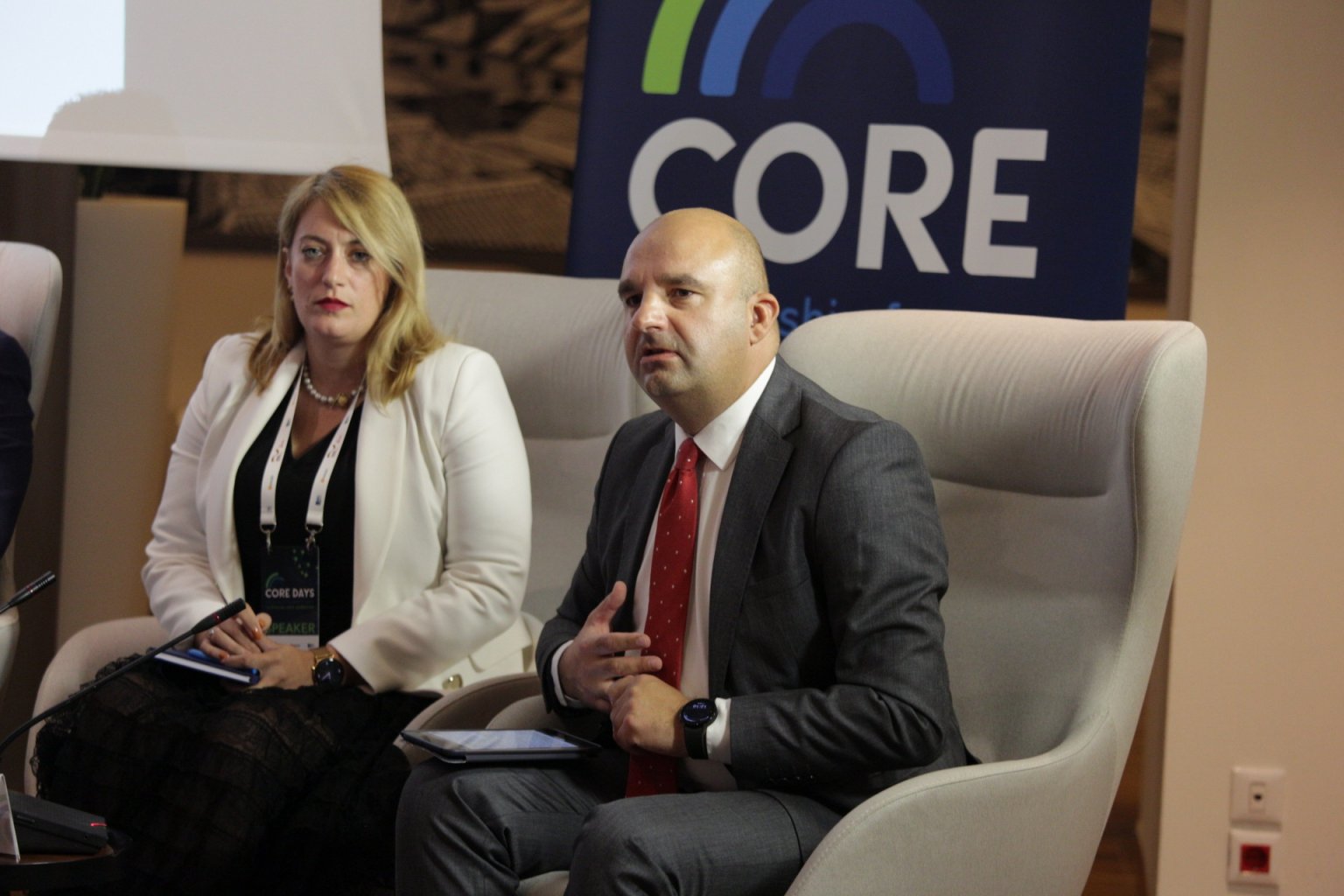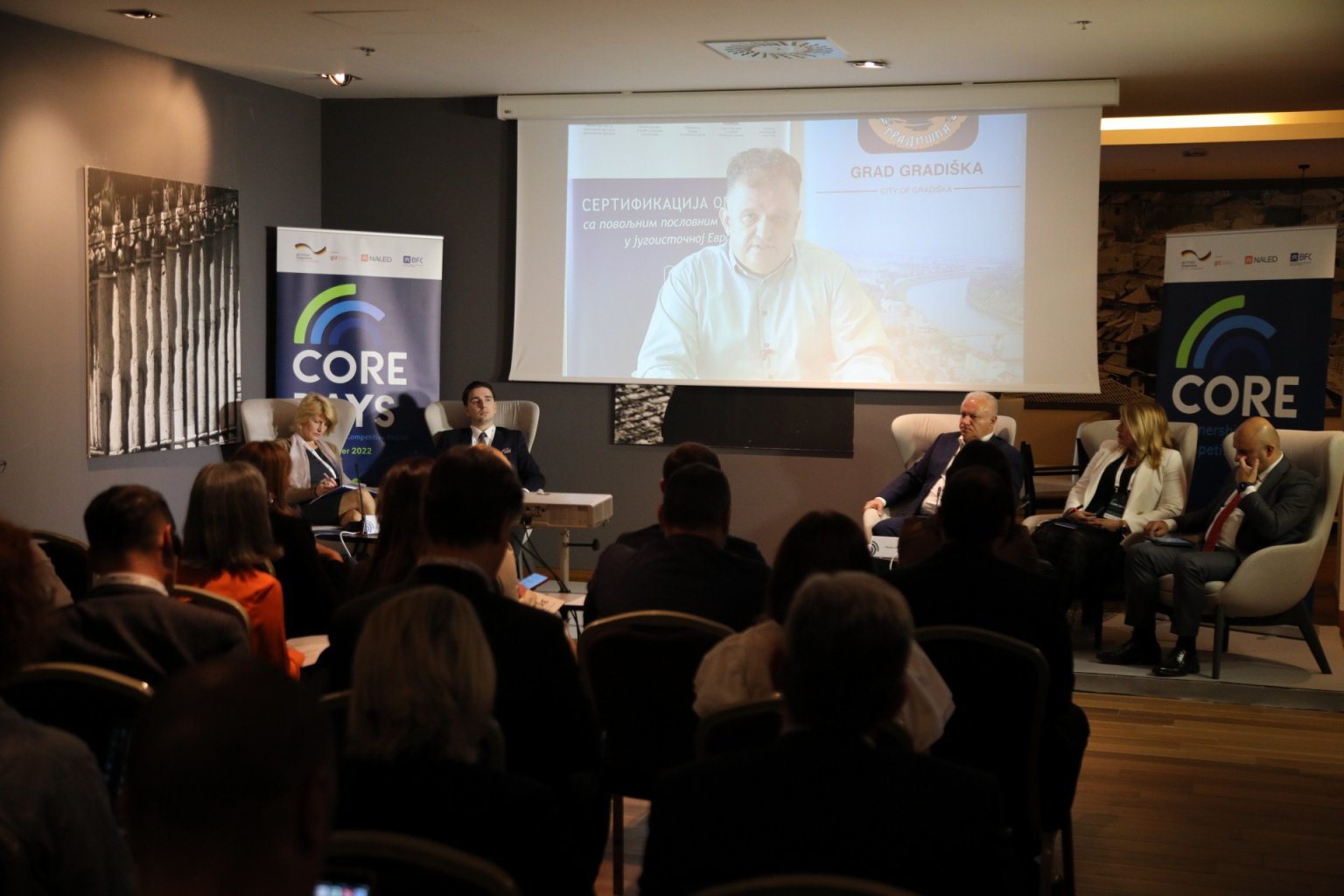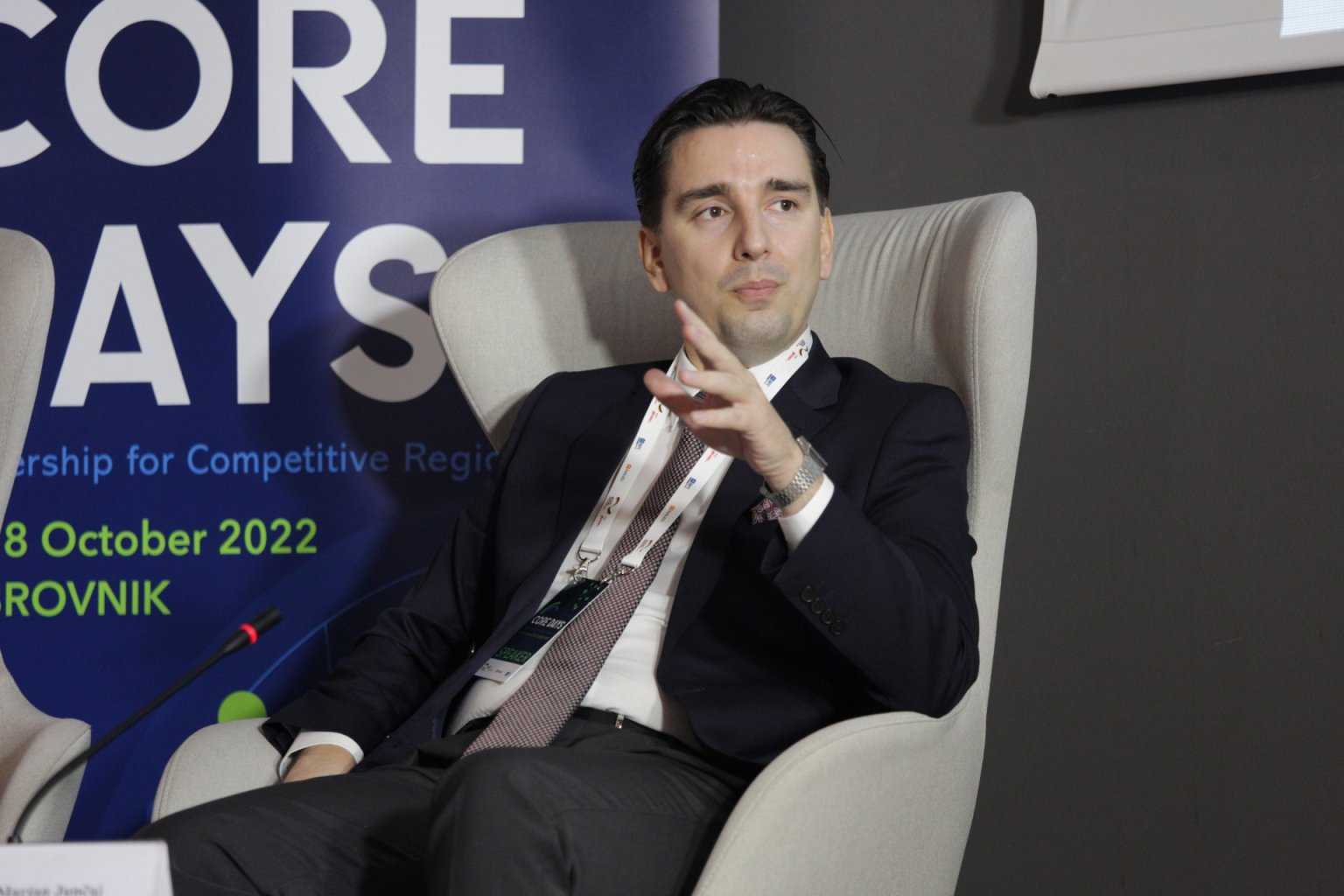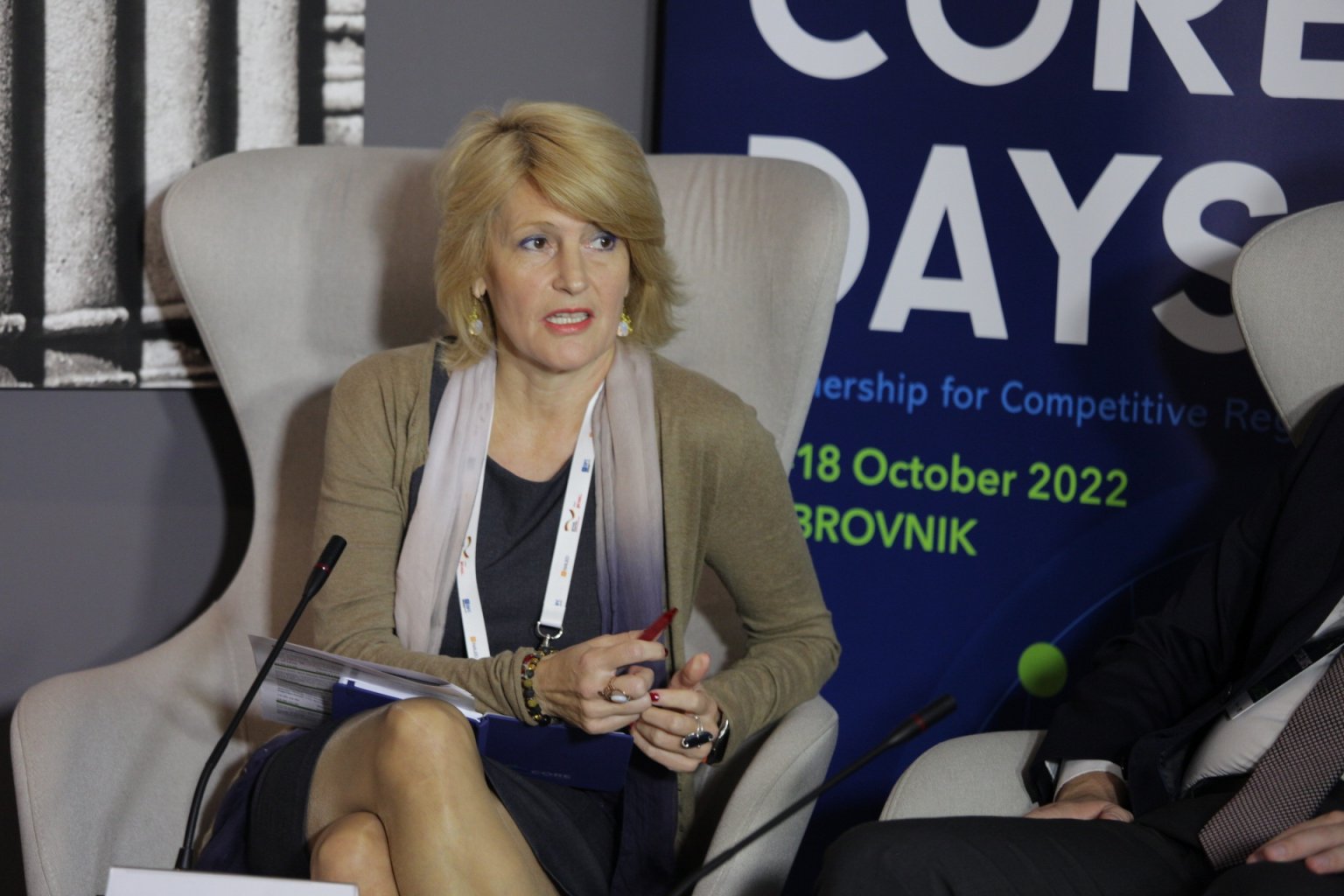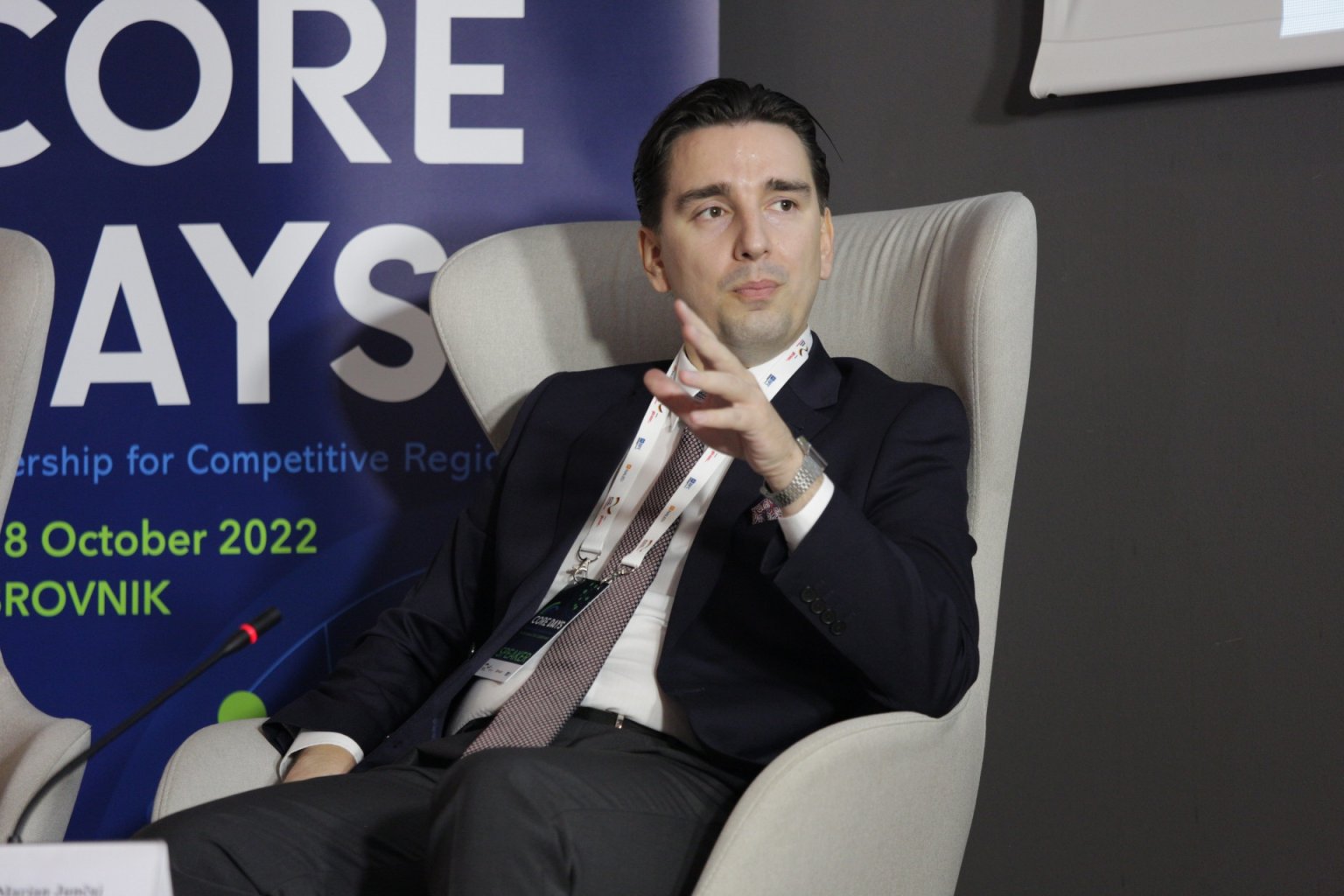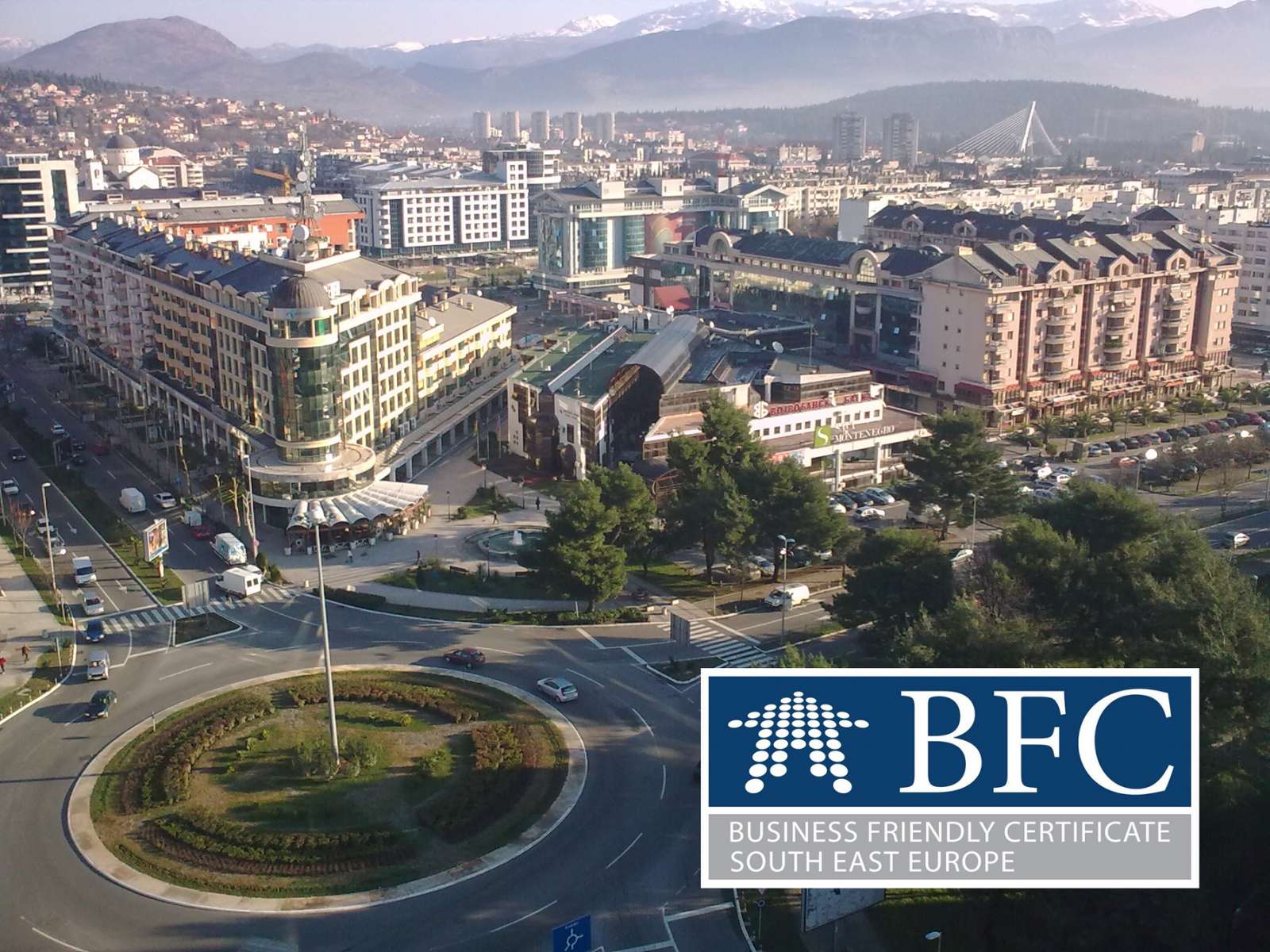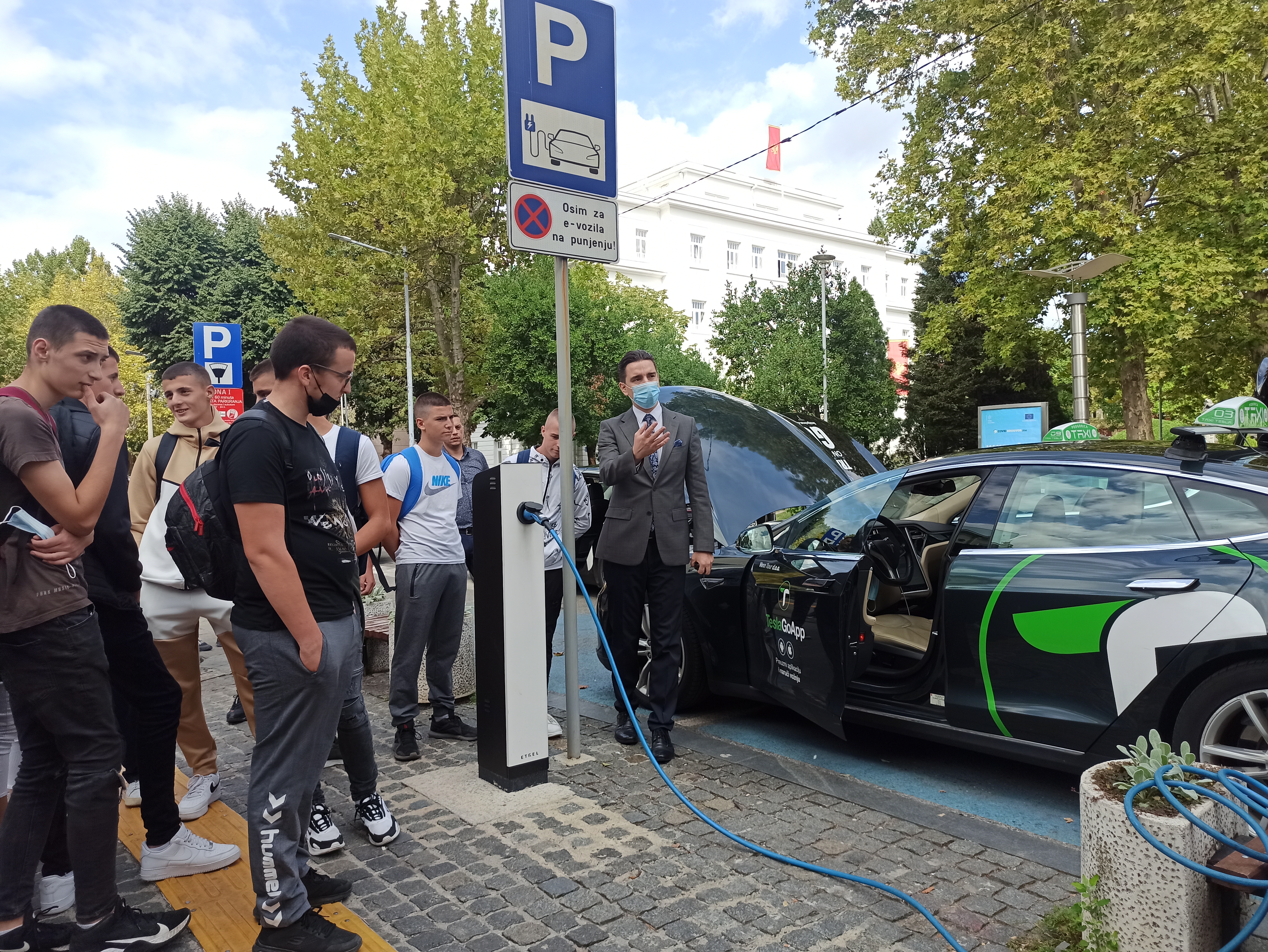During CORE days conference in Dubrovnik Panel “How we did it: Business Friendly Cities” was held. Key factors for attracting local investments are not tax incentives, as many believe, but political stability, former Serbian Minister of Finance Mlađan Dinkić said and added financial incentives are more important than tax incentives. On this panel, apart from Dinkić, the mayor of Gradiška Zoran Adžić, the city manager of Podgorica Marjan Junčaj, the deputy mayor of Crikvenica Ivona Matošić Gašparović and the director of Panonreg Miroslava Babić tried to answer the question of how to attract investors. The moderator was Dušan Vasiljević, Director for Competitiveness and Investments of NALED. Dinkić explained that good and transparent management of self-governments is essential for the investment climate.
“ Workforce is crucial, without workforce there would be no investments. This has been a key factor for years. Of course, local self-governments cannot influence demographic factors, but they can influence education and training of people as well as their retention – he said and added that BFC certification contributed a lot to competitiveness between local self-governments”. The mayor of Gradiška, Zoran Adžić, pointed out that this local self-government has a rulebook on public-private dialogue and that they have been a member of the BFC family since 2014.
“We created a new Capital Investment Plan until 2027, guided by EU strategies. We have reduced taxes and fees and introduced a system that we call “One stop shop” by which we guarantee investors that they will receive location conditions within seven days, and building permits in five days. We are trying to make progress, and this shows that we have met 96.35% of the BFC certification criteria and that our export has been increased by 140,000 KM.” – said Adžić.
Podgorica also has a new development strategy, and the city manager, Marjan Junčaj, believes that it is the key to further development. – We created a new strategy for the development of the city of Podgorica and thereby completed the entire system. Of course, there is room for improvement, but what I would like to emphasize is that the focus should be on projects – Junčaj added.
Great results were also achieved in Crikvenica, in just a few years. “Small towns in Croatia, adapt more easily and are more open to the private sector, but not without challenges. In 2020, we started the recertification process, and until today we have fulfilled 96% of the criteria, we are reassessing ourselves, we are more transparent, we have many more employees,and we have included the economy much more through all processes. For the winter months, we have waived consumption tax for all, and gave 25% subsidies for purchase of equipment – explained the deputy mayor of Crikvenica, Ivona Matošić Gašparović.” Recertification is still ahead for Subotica, which is currently preparing a development plan until 2032, and good experiences from Crikvenica will serve as inspiration .
“In March, we made a decision to create a development plan until 2032, since our strategy expires this year, and we, as a regional development agency, took on the task of implementing it. Our city development plan is planned for adoption by the end of the year. All citizens can participate in the making of this document through the city’s website, through a survey on how they see Subotica in 2032” – said Miroslava Babić.
Core Days
